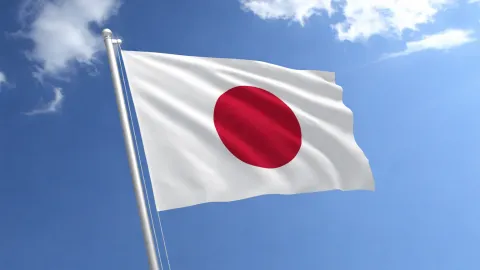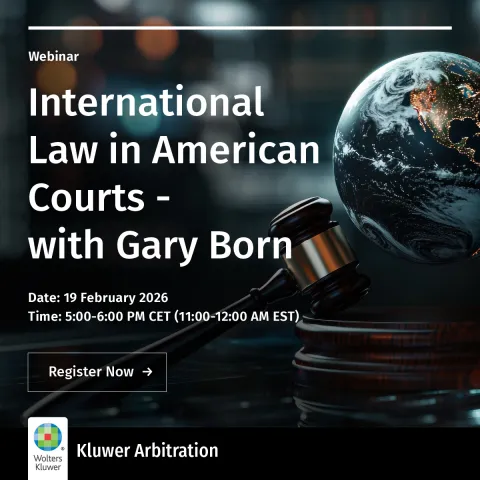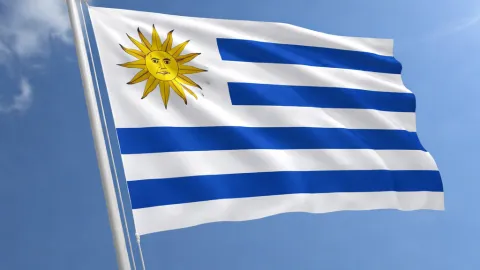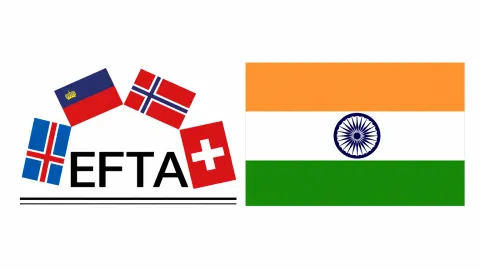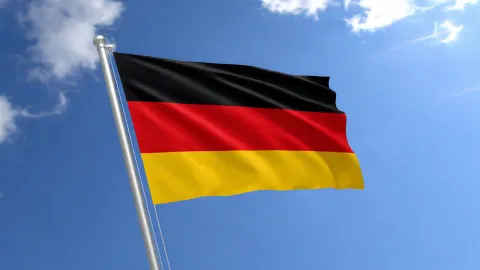The CJEU’s Judgment in RFC Seraing v. FIFA: Legal Clarity but Diminished Finality and Independence of Sports Awards
August 21, 2025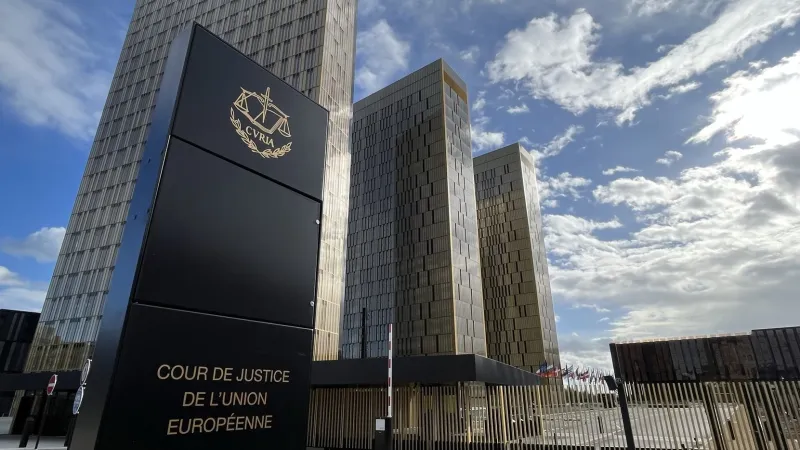
On 1 August 2025, the CJEU handed down its judgment (the “Judgment”) in C‑600/23, Royal Football Club Seraing SA v. Fédération internationale de football association (FIFA), et al. (“RFC Seraing”).
It was eagerly anticipated as AG Ćapeta’s Opinion (the “Opinion”) had recommended that actions to set aside sports arbitration awards be available before EU Member State courts as a requirement of the right to “effective judicial protection” under Art. 19 (1) of the Treaty on the European Union (“TEU”), and advised that EU Member States’ obligations under the Convention on the Recognition and Enforcement of Foreign Arbitral Awards (the “NY Convention”) did not stand against this (see Blog posts on the Opinion here and here).
The Judgment clearly demarcates intra-EU investment arbitrations (“strictly prohibited” under EU law) from all other arbitrations (permitted “in principle”). It articulates the requirements for public policy enforcement review of arbitration awards. It largely accepts the Opinion’s recommendation on actions before EU Member State courts in sports arbitration, but goes further in identifying a ramified set of remedies beyond nullity of the arbitration award that in satisfaction of Art. 19(1) TEU must be available in those actions. Lastly, it (unconvincingly) finesses the relationship between such requirements and EU Member States’ obligations under the NY Convention.
Facts
In RFC Seraing, the eponymous football club challenged a FIFA prohibition on third parties taking an economic interest in player transfers as contrary to EU free movement and competition law rights. Before the Belgian courts, the football club alleged that the unavailability of review of Court of Arbitration for Sport (“CAS”) arbitration awards by EU Member State courts resulted in a deprival of protection of EU legal rights guaranteed by Art. 19(1) TEU (“Member States shall provide remedies sufficient to ensure effective legal protection in the fields covered by Union law […]”), in conjunction with Art. 267 of the Treaty on the Functioning of the European Union ("TFUE") (preliminary references to the CJEU (restricted to EU Member State courts and denied to arbitral tribunals)), and Art. 47 of the Charter of Fundamental Rights of the EU, guaranteeing the right to a fair trial.
Intra-EU Investment Arbitration Strictly Prohibited under EU Law
The Judgment accepts (para. 79) the compatibility “in principle” with EU law of “individuals” submitting disputes to arbitration. The exception is arbitration derived from agreements between EU Member States, whether institutional or ad hoc, which may interpret or apply EU law, which is “strictly prohibited” following the Achmea line of cases. It confirms the latter without specifying the reason behind the prohibition. In previous cases, the CJEU had put forward varying justifications (see here), and one is ventured at para. 85 of the Opinion.
The CJEU’s lapidary statement of the result of Achmea fixes the scope of the prohibition. Consequently, it will not be narrowed, but, conversely, there will be no encroachment into commercial and other arbitration.
Other Arbitration Permissible in Principle
The CJEU laid down that where arbitration is in principle permissible it must nonetheless comply with the EU “jurisdictional structure” (Art. 267 TFEU, Art. 47 of the Charter of Fundamental Rights, and Art. 19(1) TEU), and its public policy. These requirements are subject to the territorial connection that the arbitration agreement “is to be implemented in all or part of the territory of the [EU], in the context of disputes relating to the pursuit of an economic activity in that territory” (para. 82).
This implementation test appears to harken back to the test for the application of EU competition law in the CJEU judgment of Wood Pulp I and to eschew what might be thought to be the broader qualified effects test in cases such as Gencor (see here, paras. 15-048), although in Intel (para. 45) the CJEU sought to approximate the two tests. Whatever the test, there is uncertainty as to what connection with the EU territory must obtain for the application of the EU law requirements.
None of this entails an EU requirement for direct jurisdiction before an EU Member State court to challenge a Member State measure or to vindicate EU law rights (para. 76). That would be to torpedo arbitration altogether.
The CJEU accepted that these requirements apply to the arbitration award. Except in relation to “sports” arbitration, there is no suggestion in the judgment that they apply to pre-award actions and actions to review the award. This confirms the CJEU’s pro-arbitration approach enunciated in its 1999 Eco Swiss judgment, whereby review of compatibility with public policy by EU Member State courts at the enforcement stage suffices.
Going beyond Eco Swiss, however, the CJEU specified that review must “relate to the interpretation of those principles and provisions, the legal consequences to be attached to them as regards their application in a given case and, where appropriate, the legal classification, in the light of those principles and provisions, of the facts” (para. 86). It follows that such review need not disturb the arbitral tribunal’s findings of fact (para. 86). The review is limited to “public policy”, but EU law has a broad definition of the concept, extending to all “fundamental” EU law (see here).
This direction provides a welcome definition of the required standard of review of arbitration awards under EU law. But it does not answer all questions, for example, whether legal error review must extend to the process by which the facts were found.
The Category of Sports Arbitration
The CJEU then laid down further requirements “of effective jurisdictional control” where the arbitration was imposed on a party, in “sports” arbitrations, with the above-mentioned connection to the EU territory. This was the case in RFC Seraing, where FIFA required its stakeholders, the Belgian football club and the Maltese investor, to accept CAS arbitration in Switzerland.
The category of “sports” arbitrations in RFC Seraing is determined alone by the fact that the party asserting the EU rights has not freely chosen arbitration, and thus has not validly waived or attenuated such rights. In reliance upon the European Court of Human Rights in Mutu and Pechstein v. Switzerland (see Blog post here), accepting the view stated in the Opinion, the CJEU concluded that FIFA stakeholders have no real choice of CAS arbitration, since it is a condition of dealing directly or indirectly with FIFA.
In defining the category, the CJEU did not have regard to the brevity of sports careers, necessitating more immediate legal relief than enforcement review of arbitration awards, nor to the “self-enforcing” nature of many sports arbitration awards, for example by the exclusion of an athlete from competition (paras. 76-80 of the Opinion). Both factors make review at the enforcement stage inadequate judicial protection of EU rights.
The absence in the Judgment of any reference to such factors must mean that no concrete necessity for the protection of EU law rights need be shown for a party constrained to arbitrate to benefit from these EU jurisdictional and procedural rights.
These bolstered requirements must also be understood to apply to any arbitration that is obligatory, for example intra-company and trusts arbitrations.
Lastly, at para. 95 of the Judgment, the CJEU suggests that countering restrictions on the protection of EU rights may engage such requirements even in the absence of obligatory arbitration. What might be intended here is limits to party waiver of judicial protection resulting in impermissible attenuation of the protection of fundamental interests of the EU, such as the enforcement of its competition law (see, for example, para. 87 of the Judgment).
EU Law Requirements for EU “Sports” Arbitration
The Judgment required the same standard of review of sports arbitration awards as it did for the enforcement of all others (para. 101).
For three reasons, the Judgment must be understood, however, to require the availability of a challenge on fundamental EU law to EU territory sports arbitration awards before a court of an EU Member State and not just Eco Swiss public policy enforcement review.
First, the public policy review must not be limited to annulling the award for incompatibility with fundamental EU law. It must also ensure “all legal consequences that are imposed by the declaration of such incompatibility”, such as compensation, and prohibition of future offending conduct (para. 103).
Second, public policy review must be available upon the initiative of any party (para. 100), and parties that succumb in arbitration do not seek the enforcement of the award.
Third, although not stated in the Judgment, for the above-mentioned reason, sports arbitration awards are often self-enforcing, so enforcement review is inadequate.
It should additionally be mentioned that in such actions, the EU Member State court must raise fundamental EU law matters of its own motion (para. 100).
Interim measures must also be available from EU Member State courts (para. 105).
In the Judgment, the CJEU is not treating sports arbitrations as non-arbitrable. They remain arbitrable, but are subject to an appeal on the basis of fundamental EU law to an EU Member State court. This affects the finality and independence of awards issued in such arbitrations.
Enforcement of Sports Arbitration Awards and the NY Convention
In compliance with the CJEU’s requirements, EU Member States will ensure the availability of an EU fundamental law appeal from sports arbitration awards before an EU Member State court. Only the result of that appeal will be enforceable within the EU. Non-complying awards will undoubtedly be denied enforcement there, on the basis that they contravene EU public policy, within the meaning of Art. V(2)(b) of the NY Convention.
The question therefore arises whether the EU law requirement of an EU fundamental law appeal of sports arbitration awards before an EU Member State court is compatible with the NY Convention.
To its credit, the CJEU did not agree with the Opinion that sports arbitration awards do not qualify as NY Convention awards for want of the necessary agreement to arbitrate (see here).
The CJEU did mention the NY Convention (paras. 116-117), but in fairly Delphic fashion. It stated that EU Member States’ obligation to enforce arbitration awards, “goes hand in hand with [their] obligation […] to ensure that the persons concerned have the possibility of obtaining from the national court or tribunal having jurisdiction, either at those persons’ request or of the court’s or tribunal’s own motion, a review of those awards for consistency with that State’s public policy […]” and therefore EU public policy.
One might charitably interpret this statement as expressing that the NY Convention encourages or at least permits signatories to establish means to ascertain the content of such public policy and its application in the particular arbitration award.
But there remains concern that the EU’s treatment of its jurisdictional requirements under Art. 19 TEU are incompatible with the NY Convention. Since the NY Convention itself reposes upon jurisdictional presuppositions, there is doubt whether the Judgment expresses a good-faith interpretation of the NY Convention. If that is so, it is repugnant to customary public international law as expressed in Art. 31 of the Vienna Convention (see here).
You may also like

